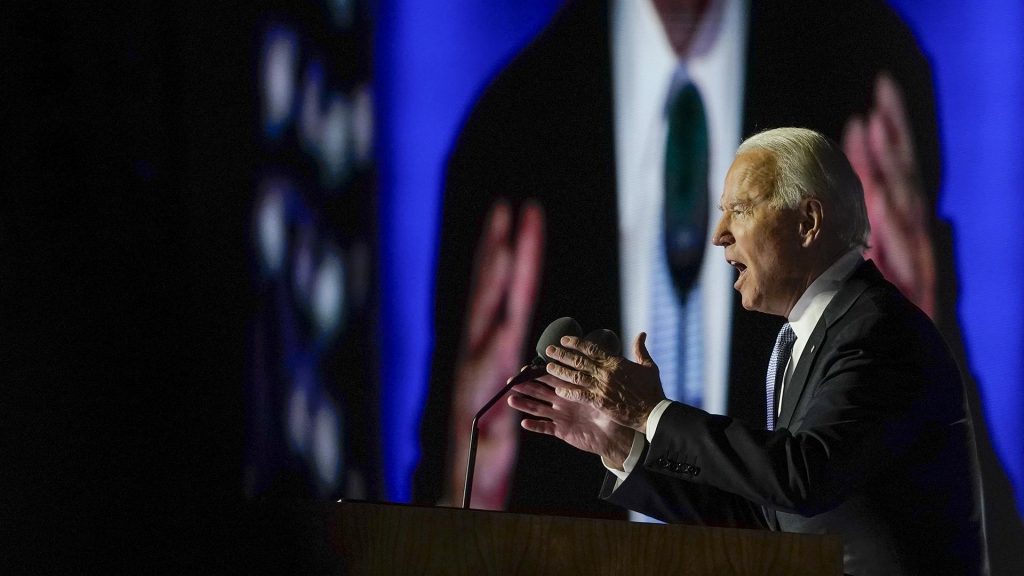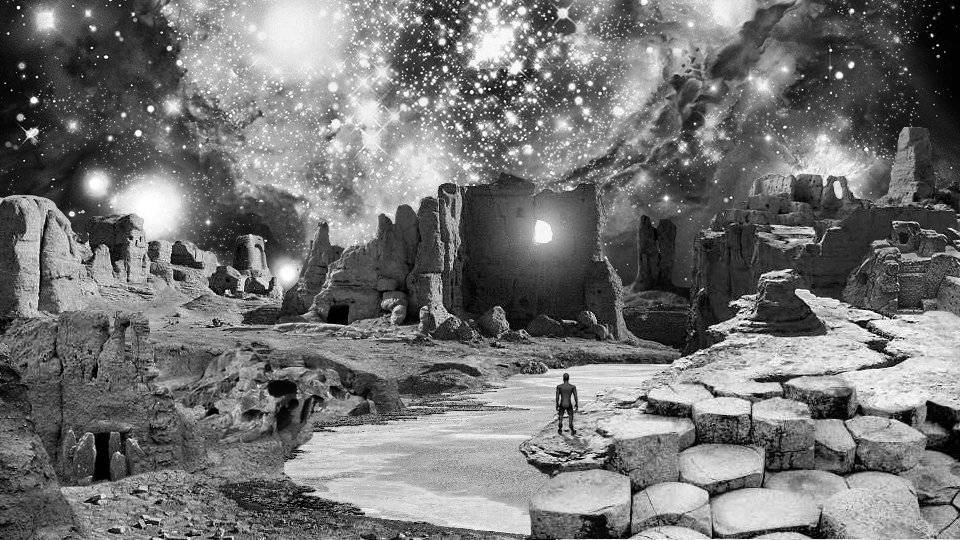Before going to bed the night of the election with a foreboding that Trump had won again, I listened to the “Largo” movement of Dvorak’s “New World” symphony. And wept.
Antonin Dvorak was a Czech composer in the 19th century. During the time “From the New World” was composed, he was working as musical director of the National Conservatory of Music of America. The symphony premiered with great anticipation on December 13, 1893, by the New York Philharmonic at Carnegie Hall.
The anticipation, which was such that Carnegie Hall had to install a significant amount of seating to meet the demand, was fueled by public comments Dvorak made months earlier. As reported at the time, he said, “the core of an American sound could be found in Native American communities and African-American spirituals, and it was these sensibilities he brought to his new composition.”

Given how the election turned out, especially how during his victory speech Joe Biden literally pounded the lectern while thanking the African-American community for supporting him, and then explicitly referred to the plight of Native Americans, my choice of music on election night was very apropos.
Listening to the “Largo” movement, you can hear the mournful echoes of innumerable Africans torn from their lands and families to become property, slaves of even the author of the Declaration of Independence (“all men are created equal”), Thomas Jefferson.
You can also hear strains of sorrow of the indigenous people that the waves of European settlers, fulfillers of “Manifest Destiny,” had conquered, displaced, assimilated or exterminated.
There are even echoes of the sadness of millions of immigrants, after leaving the Old World for the opportunities and possibilities of the New World, knowing they would never see their parents, siblings and homelands again. Dvorak had waded into deep rivers of sorrow indeed.
The first soaring notes of joy in the New World symphony aren’t heard until eight and half minutes in, and then only last for a minute before returning to the ache of wrongs never sufficiently righted, and sorrows never fully felt.
Is the joy and celebration of the apparent ending of the 21st century’s political manifestation of hate and malevolence premature? Almost certainly, but for a day at least, one shared them, as did the rest of the world.
Why is America still the hope of the world? Because there are no more new worlds to inhabit, Elon Musk’s creepy obsession with colonizing Mars notwithstanding.
The hyperbolic rhetoric by the commentariat about how America has resumed its “vital role as lodestar for the world” rings hollow. There is too much internal healing needed for the United States to resume being a beacon for the world. We have to now learn how to be a light for ourselves.
The tendency will be to become inward turning in the negative sense of the phrase—to think first and last about our own nation and locality. That propensity is strong on both the right and the left.
The right embraces a crude nationalism, waving symbols of division from the backs of pick-up trucks, totems of belonging to their version of the tribe.
The left advocates a ‘diversity’ of identities, promoting the ideology of localism, believing that if people disaggregate into the smallest possible units of communities and return to a Rousseauian ideal of ethnic tribalism, the Earth will eventually heal and humanity will magically be whole.
The ecological and evolutionary crisis of human consciousness is too urgent for any ideology of a return to the past, either a white nationalist past or an ethnic identity past. They only feed and intensify human fragmentation, disorder and destructiveness.

An hour before a dialogue I had with a group of people from Central and South America, as well as North America and Europe, Biden was declared president-elect. More than half of Americans, and most people abroad, immediately felt an enormous sense of relief.
One of the people in the zoom dialogue, a Dutch fellow based in Frankfurt, told of reading letters between Claude Eatherly, the tormented pilot of the Enola Gay that gave the all-clear for dropping the bomb on Hiroshima, and the German philosopher Gunther Anders.
As the description of the book, “Burning Conscience: The Case of the Hiroshima Pilot Claude Eatherly,” says: “Over the course of some 71 letters, Anders and Eatherly struggled with the problem of taking moral responsibility in a time when ethics were the last thing most people seemed to want to discuss.”
Anders came to the conclusion that our cognitive abilities as humans had outstripped our spiritual and emotional capacity to understand what we are doing.
Emotional perception has nothing to do with indulging one’s emotions, nor is it the same thing as “emotional intelligence.” Emotional perception is insight, and insight and action are one.
Martin LeFevre
Dvorak’s “From the New World” Symphony, “Largo” movement:

